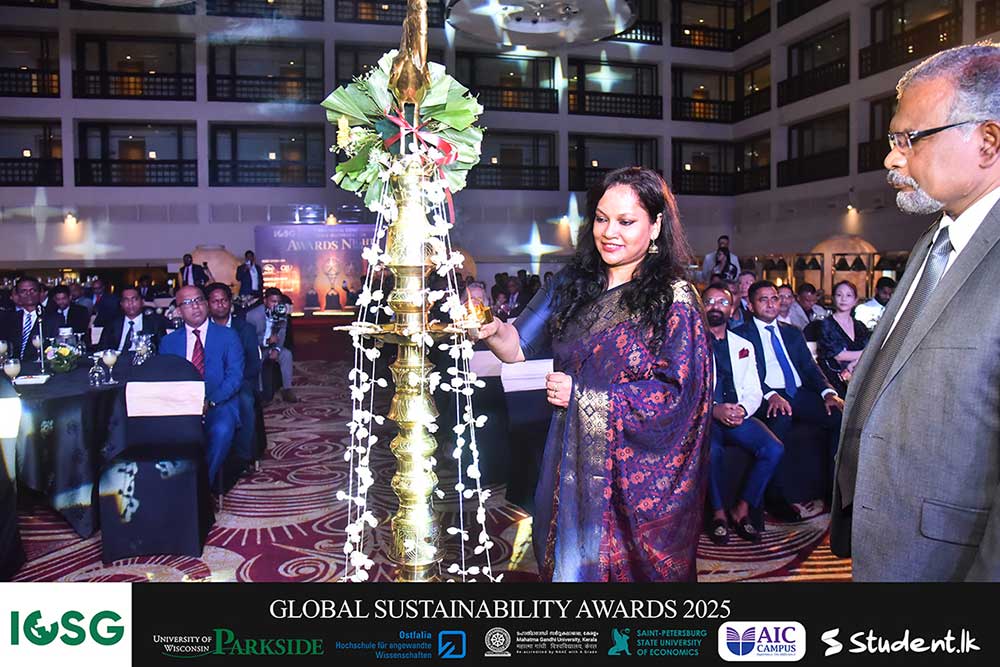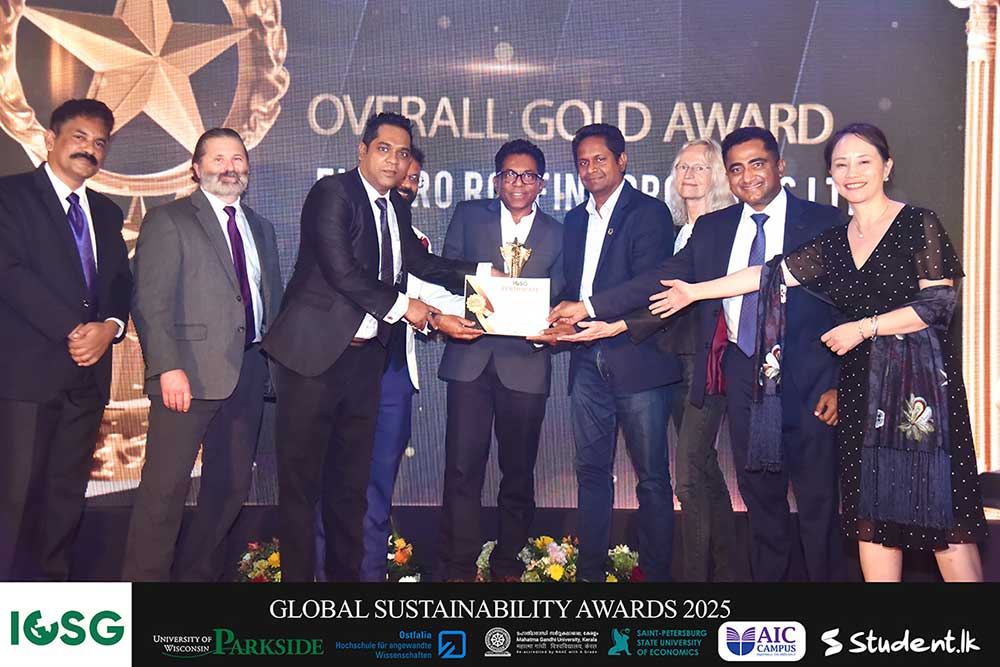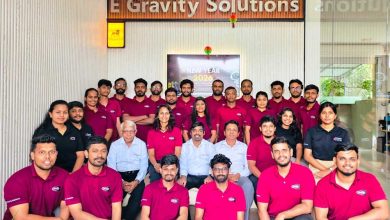ICSG 2025
SRI LANKA SHOWCASES A COMPREHENSIVE SUSTAINABLE DEVELOPMENT FRAMEWORK AT ICSG 2025
Colombo, Sri Lanka – The 7th International Conference on Sustainable Globalization (ICSG) recently concluded at the Cinnamon Grand Colombo, marking a pivotal moment for Sri Lanka’s emergence as a leader in sustainable development.
Jointly organised by Sri Lanka’s American International Campus (AIC), the University of Wisconsin Parkside (USA), Ostfalia University (Germany), St. Petersburg State Economic University (Russia), and Mahatma Gandhi University (India), with the support of Quest International University Malaysia, El-Toro Roofing, and Tjay Lanka PLC, the conference focused on “Sustainable Transportation, Technology & Tourism: Shaping Tomorrow’s Solutions.” It emphasised an integrated approach to economic revival driven by sustainability.
Sri Lanka’s commitment to global partnerships was a key theme of the conference, with highlights including knowledge exchange initiatives with top academic institutions, technology transfer programmes in renewable energy, collaborative research in sustainable infrastructure, and capacity-building partnerships with international entities. The conference also underscored the country’s integration of global best practices in sustainable development.
M.K.M. Mahinda Siriwardena, Secretary to the Ministry of Finance, Planning and Economic Development, who graced the occasion as Chief Guest, unveiled the government’s ambitious transportation transformation plan. This initiative aims for 25% electric vehicles to be integrated into public transportation by the end of 2025. Siriwardena outlined key projects, such as the Colombo Light Rail Transit system, modernised bus rapid transit, smart traffic management for a 20% reduction in congestion, solar-powered electric three-wheelers for rural areas, green ports, and IoT/AI systems to optimise traffic and reduce energy consumption.
“The convergence of sustainable transportation, technology, tourism, and finance represents our path to resilient economic growth,” Siriwardena stated. “We are not just building infrastructure; we are creating a sustainable development legacy for future generations.”
Ms. Chamindry Saparamadu, Director General of the Sustainable Development Council, delivered the keynote address, emphasising how Sri Lanka is leveraging digital innovation across sectors. She highlighted the launch of the “Smart Sri Lanka” initiative, which connects rural communities to digital infrastructure, as well as the development of AI-powered traffic management systems and blockchain-based eco-certification for tourism businesses.



Ms. Saparamadu also discussed the shift in the tourism sector toward regenerative practices, including mandatory 60% compliance with green building standards for new tourism projects, the creation of “smart tourism corridors,” community-based marine tourism ventures for coral reef protection, and agro-tourism initiatives that promote biodiversity conservation. Additionally, augmented reality and virtual guides are enhancing visitor experiences while fostering environmental education.
The Sri Lankan financial sector is also playing a leading role in sustainable development. The banking sector has committed to allocating 15% of its lending portfolios to sustainable projects by 2025, with successful initiatives like green bonds and sustainability-linked loans. The launch of the “Green Growth Accelerator Programme” and the integration of sustainability criteria into national budgeting were also key points.
Ms. Saparamadu shared concrete targets for these initiatives, including the creation of 100,000 new jobs in sustainable sectors by 2025, a 20% reduction in transport sector carbon emissions, and a 30% increase in tourism revenue through sustainable practices.
These programmes emphasise inclusive development, including empowering local communities in tourism project ownership, creating sustainable livelihoods in coastal areas, offering green economy skills development, and supporting local entrepreneurs in sustainable technologies.
“The time for incremental change has passed,” Saparamadu concluded. “Our approach proves that transformation is possible when sustainability forms the foundation of development, not an afterthought.”
Following the conference, the ICSG 2025 sustainability awards ceremony recognised excellence across various sectors. The overall gold award was presented to El-Toro Roofing Products Ltd, followed by Ceylon Wild Safaris (silver) and Teejay Lanka (bronze). Sector-specific awards were given to Neptune Recyclers for Environment, Denovo E Solutions for Economics, Imperial College of Business Studies for Society and Ceylon Gem Traders (Pvt) Ltd for Governance.
For more information contact the event organizer, student.lk pvt ltd on (077) 433 0770 and visit their website www.student.lk







